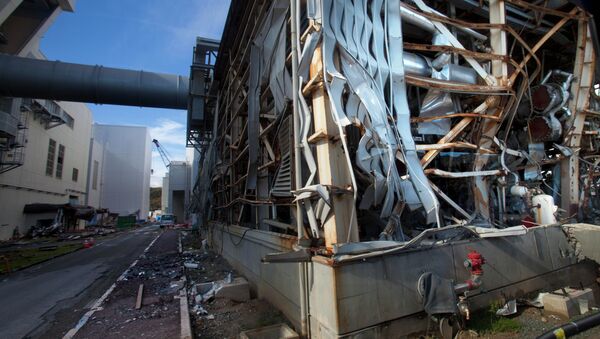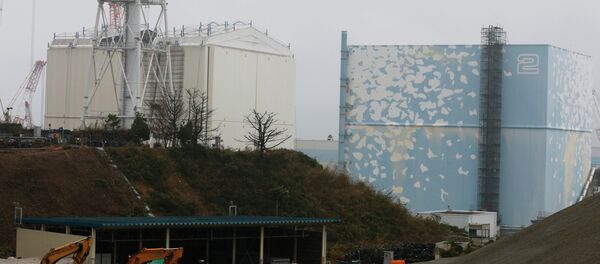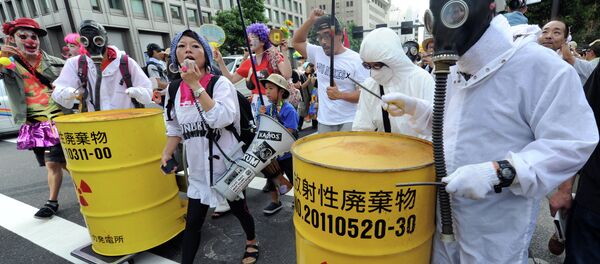Intensive checkups were ordered by the government of Japan following the March 2011 disaster as a precautionary measure, even though the possibility of radiation-caused diseases was repeatedly ruled out by professionals.
Reviews of Fukushima, carried out by World Health Organization and UNSCEAR (the United Nations Scientific Committee on the Effects of Atomic Radiation), forecast that cancer rates would remain stable. Unfortunately, the latest ultrasound checkup results show residents' concerns may have not been groundless.
According to recent statistics, by the end of this summer thyroid cancer was suspected or confirmed in 137 of 370,000 children in Fukushima prefecture, as compared to one or two per year out of every million children in other areas.
"This is more than expected and emerging faster than expected," Toshihide Tsuda, a professor at Okayama University and lead author of the research, told the Associated Press. "This is 20 times to 50 times what would be normally expected."
The new study, based on a major health survey in the area and published in the journal Epidemiology, didn't provide definitive proof that radiation is responsible for those cancer cases. Some scientists pointed out the study's shortcomings, saying the reason for such significant difference in the disease rates lies in the stringent monitoring near Fukushima, which naturally leads to quicker discovery of tumors. But many claim that without increased vigilance many cases would have gone undetected.
Meanwhile, David J. Brenner, professor of radiation biophysics at Columbia University Medical Center, said that the higher thyroid cancer rate at Fukushima "is real" and not due to screening practices, while acknowledging that data on doses was necessary.
Thyroid cancer can be caused by radioactive iodine released in a nuclear accident. The illness may rarely be fatal, but even if it's detected early, the patients will have to stay on medication throughout their lives.
Conclusions on the connection between Fukushima radiation and cancer will help determine compensation and other policies.




